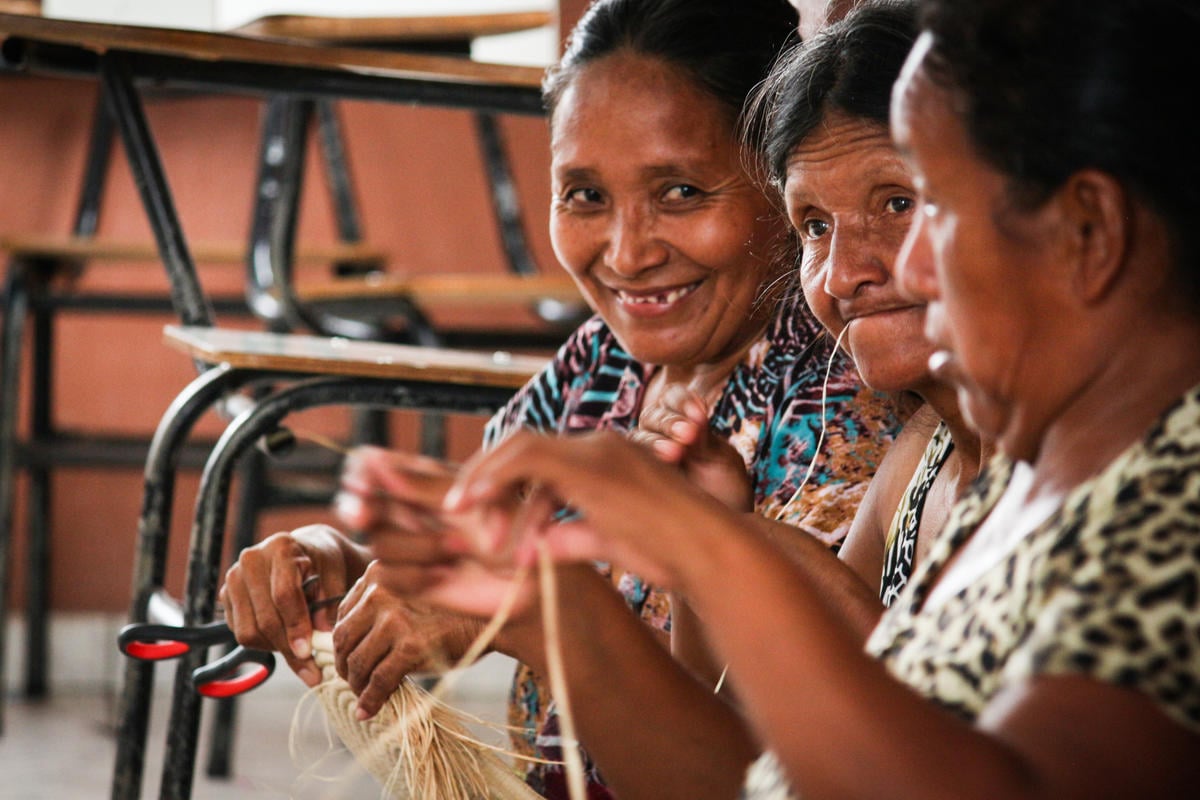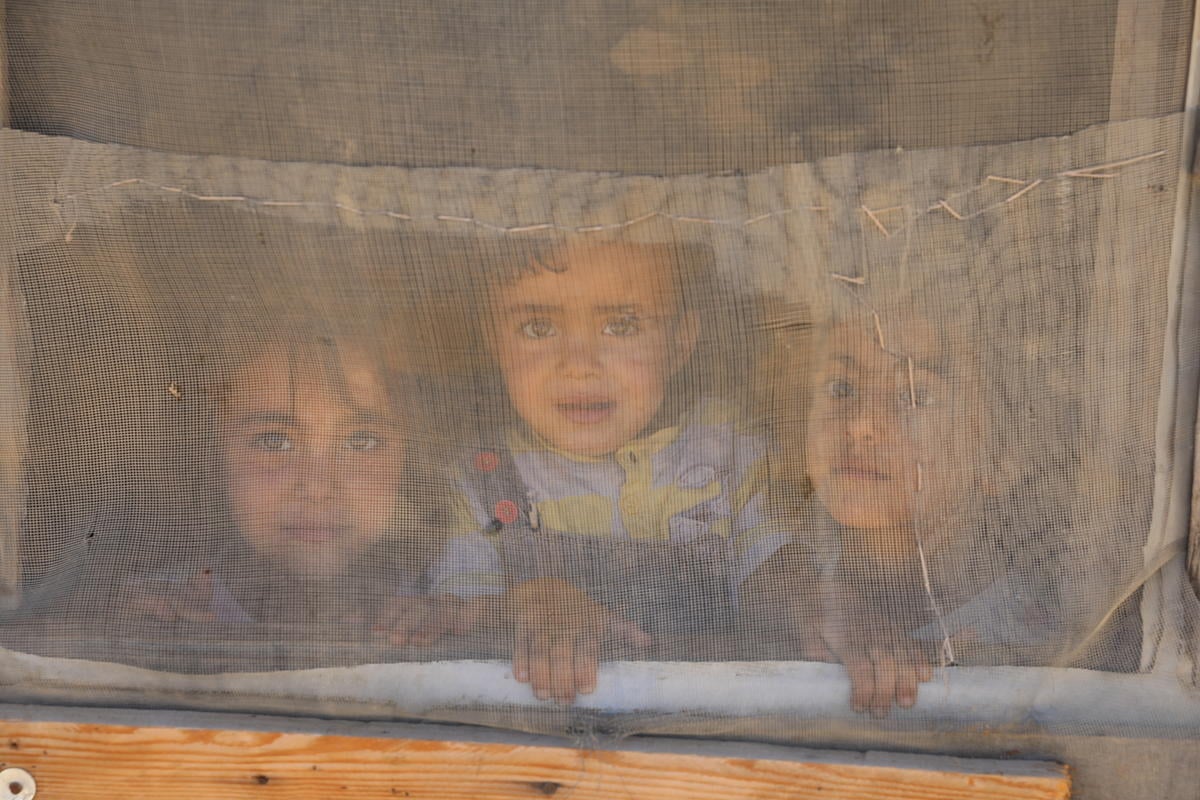Older refugees at heightened risk of exclusion as COVID-19 continues to strike the Americas
Older refugees at heightened risk of exclusion as COVID-19 continues to strike the Americas

UNHCR, the UN Refugee Agency, and HelpAge International warned today that the COVID-19 pandemic is putting older people on the move across Latin America at risk, damaging their wellbeing and limiting their access to vital rights and services.
A joint assessment in Colombia, Ecuador, El Salvador, Honduras and Peru has revealed that the pandemic is exacerbating pre-existing threats to the physical and mental health, nutrition, financial autonomy and legal status of older refugees and others on the move. Half of those interviewed described having experienced discrimination while a worrying number described incidents of abuse.
“Older persons in forced displacement have long encountered neglect and insufficient protection. Their full inclusion in national responses to the pandemic, including in COVID-19 vaccination plans, is key in order to safeguard their dignity and rights,” said Jose Samaniego, Director of UNHCR’s Regional Bureau for the Americas.
Most of the older people surveyed reported limited access to health care during the pandemic. Forty-two per cent were not receiving treatment for prior health conditions and 6 per cent of those infected with COVID-19 reported not receiving adequate medical care.
The pandemic has led to a decrease in the daily contact displaced older people had with their families, from 39 to 26 per cent. It has also limited community activities and opportunities for recreation and participation, significantly aggravating their feelings of isolation and loneliness.
Access to food for older people on the move had also worsened in all countries assessed. Already prior to the pandemic, one in four were having to skip meals. With the advent of COVID-19, 41 per cent had to further reduce their food intake.
Some 64 per cent of older people interviewed had no monthly income before the pandemic. Of those who did have an income, 62 per cent felt it was not enough to meet their basic needs. But COVID-19 further compounded their economic situation, leaving many more without employment. In Honduras and El Salvador, a third of those surveyed reported that they had lost their jobs. In countries in the Andean region, nearly half had lost jobs.
“Besides increased humanitarian support, older displaced people need greater livelihoods opportunities, to become financially independent,” added Samaniego.
Despite their increased vulnerability, many of those interviewed still had to act as breadwinners for their households as well as caring for other family members, such as children and adolescents (60 per cent), and people with disabilities (5 per cent). Meanwhile, housing conditions also worsened for one fifth of those interviewed, as they were unable to pay rent. Five per cent of the survey’s respondents had been evicted during the pandemic.
In addition, the pandemic has heightened the challenges older people on the move face obtaining documentation. In the Andean region, almost a quarter have irregular status, increasing their marginalization. This figure rises to 32 per cent among older displaced people with disabilities.
“Aging and human mobility are global trends, whose intersectionality manifests itself in poverty and exclusion, while older people are treated as if they are invisible. Governments and the international community must do everything they can to enable older people on the move to live in dignity. Urgent change is needed,” said Marcela Bustamante, HelpAge Regional Representative for Latin America and the Caribbean.
The report A claim to dignity: Ageing on the move can be read here: https://ageingonthemove.orgLink is external/
For further information, please contact:
UNHCR
- In Panama, William Spindler, spindler@unhcr.org, +507 6382 7815
- In Panama, Olga Sarrado, sarrado@unhcr.org, +507 6640 0185
- In Geneva, Aikaterini Kitidi, kitidi@unhcr.org, +41 79 580 8334
HelpAge International
- Susanna Flood, HelpAge, susanna.flood@helpage.org, +44 7768 233757
- Valentina Pardo, HelpAge, valentina.pardo@helpage.org, +57 3182348457









